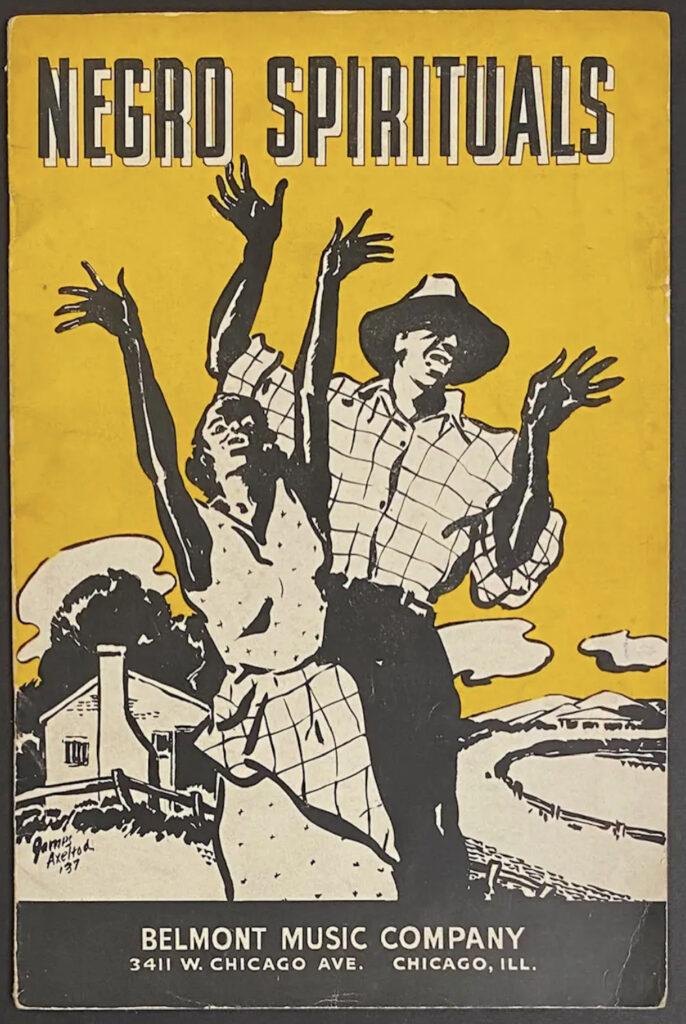Negro spirituals are a religious kind of music that was developed by Africans who were held as slaves for a variety of reasons, including entertainment, religious and spiritual preservation, and transmitting ways to flee or retaliate. Enslaved individuals frequently used their own bodies, tools, and surfaces to produce rhythms and carry on the practice for centuries if their owners disallowed the use of instruments. As time went on, negro spirituals changed into folk, which was regularly accompanied by instruments like the banjo but shared many parallels with negro spirituals. Early folk music, including negro spirituals, was used to express feelings of hopelessness or retaliation in African Americans from the time of enslavement until far into the Civil Rights era. Early folk music featured many contemporary musical components, such as blues and country.
The power of negro spirituals to move through time and connect with people from all backgrounds is what ultimately makes them so captivating. They portray the unfiltered feelings of a community’s fight for liberty and equality. Songs like “Wade in the Water” have come to represent this long musical legacy. Gospel, blues, and jazz were all greatly influenced by these spirituals, as were many other musical genres. They continue to inspire modern musicians and have impacted innumerable artists. Negro spirituals are a tribute to the resilience of the human soul and a valuable part of our rich cultural history. They serve as a reminder of the ability of music to elicit strong feelings and convey messages of optimism in hardship.
Aniya Holmes


